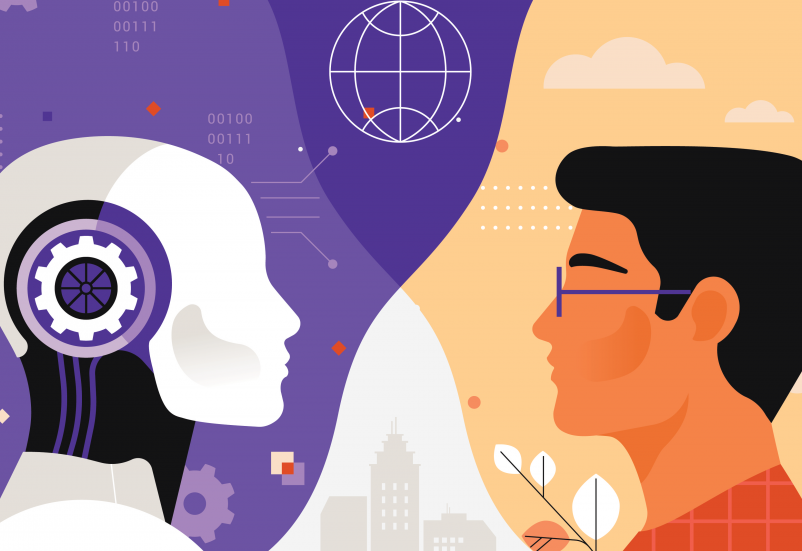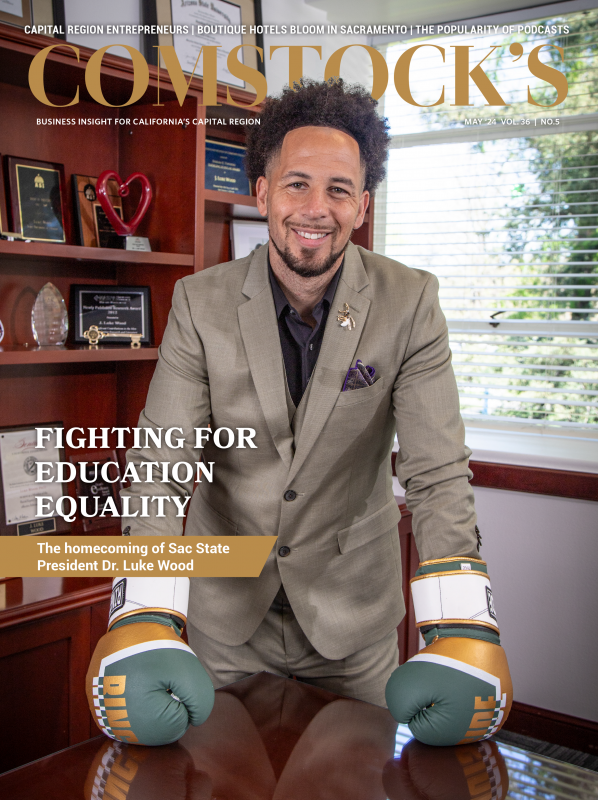

This story is part of our May 2024 issue. To subscribe, click here.
The growing use of artificial intelligence has undoubtedly led to
positive social and economic shifts through automation,
data-driven decision-making and the integration of AI systems
into sectors of all backgrounds to improve quality of life.
Whether it’s the health care system using these technologies to
assist with patient care or a small business automating
cumbersome processes to become more efficient, it seems society
is acclimating to the use of these powerful tools.
However, these technologies do raise concerns about the long-term
effects and ethical implications of their use. Many questions
remain about the influence and impact AI has on the future of
jobs and how businesses operate and compete. AI can recognize and
understand emotions, but it cannot experience them, such as the
pressure associated with making a critical decision. While AI can
assist with these decisions, it’s feasible that, at some level,
overreliance on these technological capabilities and purely
data-based extrapolation could result in society losing touch
with our own intuitions as business leaders, parents and
friends.
That would be quite a tragedy, given all the strides we’ve made
as a society that acknowledges the complexity of the human
condition.
From a business perspective, intuition remains a key component in
good decision making. According to the Harvard Business Review,
this is particularly the case when a decision-maker is faced with
far too much data to quantify or interpret into real insights and
business results. Intuition helps with making data-driven
decisions quickly, overcoming stagnation and inspiring leaders to
make a call, especially when the decision is high-stakes or
risky.
That may seem intuitive, but leaders, sadly, seem to be losing
touch with their inner selves.
A study done by Oracle, a technology company, shows that 72
percent of business leaders admit that the copious amounts of
data and their lack of trust in that data have stopped them from
making any decision. What’s more, that same study shows that 86
percent of business leaders say the increase in data sources has
made their personal and professional lives more
complicated.
Leaders who are in touch with themselves owe it to one another to
recognize these emotions and remind each other of times the “gut
decision” was the right call versus going strictly by the
data.
As organizations continue to optimize data to their advantage,
there is a continued and perhaps an even more pressing need for
them to invest in training that blends the value that data
provides with emotional intelligence. Higher emotional
intelligence is often a major predictor of job success and has
been shown to indicate better leadership execution.
Organizations can promote organizational intelligence by
encouraging exercises and training in self-reflection,
relationship management and in the areas of social and
self-awareness. I would venture to say that an empathetic data
analyst can better understand the needs and expectations of their
customers, consumers and stakeholders, over a person who relies
on stone-cold data alone.
Even the most ardent supporter of AI would concede that there is
a significant gap to close before AI can boast a replication of
general or emotional intelligence. AI could probably reliably
predict when an employee will take time off, but could it truly
monitor the emotions behind behavior, store unique insights —
also known as thin-slicing — or discover patterns about people?
Algorithms do have their limits.
And perhaps, even more ironically, these algorithms and big data
sets are often the result of someone programming them or making
decisions about behavioral economics in the first place. That
begs the question: Wouldn’t you want these folks left in charge
of these decisions to have a little bit of intuition? I certainly
do.
It’s a delicate balance to walk, but I suppose we’ll have to rely
on our intuition to ensure we don’t stray too far from what truly
makes us human.
Chris Harris is executive vice president and chief strategy
officer of SAFE Credit Union. He can be reached at
media@safecu.org.
Stay up to date on business in the Capital
Region: Subscribe to the Comstock’s
newsletter today.




